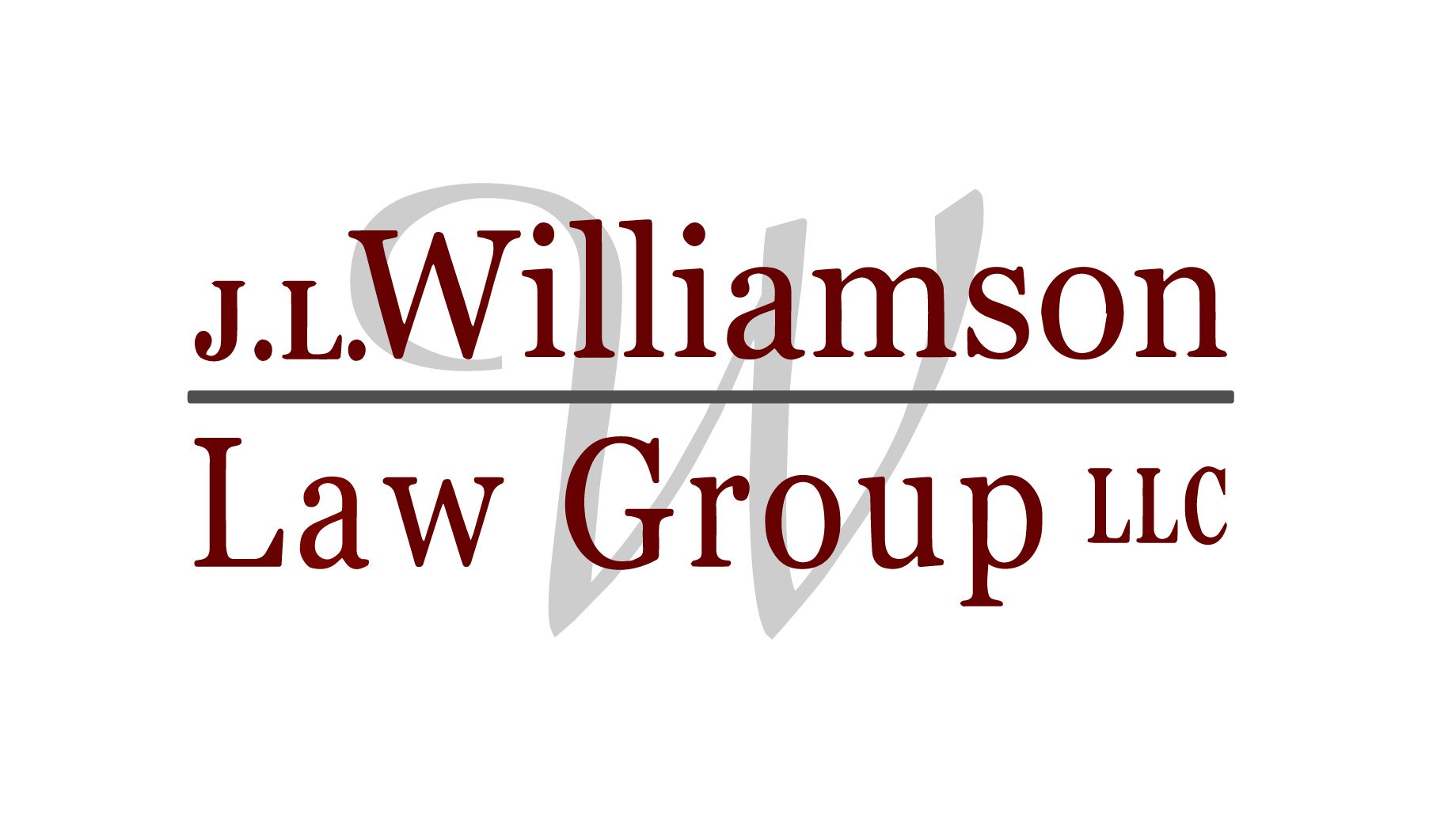A trust agreement, whether revocable or irrevocable, can be an important component of any estate plan. Our attorneys at J. L. Williamson Law Group are here to guide Georgia and South Carolina residents through the estate and succession planning process. We can assist in establishing trust agreements and help clients make informed decisions regarding their unique situations.
Deciding whether or not to establish a trust begins with a thorough discussion to understand your goals, circumstances, and concerns. J. L. Williamson Law Group has the specialized knowledge and expertise to guide you in preparing a customized plan. This guidance includes identifying assets you wish to place in the trust, intended trust beneficiaries, and any other relevant trust instructions or conditions, such as releasing assets to beneficiaries upon reaching a certain age.
Along with the trust agreement itself, other documents are also drafted as part of the trust package, including:
- Trustee Acceptance
- Certification of Trust
- Assignment of Personal Property
- Funding Documents (to transfer assets into the trust)
- Pour-over Last Will and Testament
Revocable Trusts vs. Irrevocable Trusts
A revocable trust is a type of trust agreement where the grantor retains control, being able to easily amend or revoke during their lifetime. The grantor is also able to hold the positions of trustee and beneficiary. Because of the high degree of control, the trust assets are included in your taxable estate and not protected from creditors. An important advantage of a revocable trust, however, is that it allows the grantor to easily and privately pass assets to beneficiaries, thus avoiding the probate process. It additionally allows the grantor to manage and distribute assets according to specific instructions without court involvement.
An irrevocable trust, on the other hand, cannot be revoked during the grantor’s lifetime. Putting assets into an irrevocable trust means that the grantor no longer owns the assets, thereby excluding them from the grantor’s taxable estate. It is important to know that the grantor cannot serve as a trustee or beneficiary of an irrevocable trust. The lack of control shields the trust assets from creditors, enhancing asset protection. Like revocable trusts, irrevocable trusts avoid probate and ensure asset distribution in alignment with your wishes.
Although establishing a trust may cost more initially, the expenses associated with the probate process could easily and quickly outweigh such costs in the long run. Further, the potential asset protection and tax benefits of a trust can make it a worthwhile investment.
Just remember, trusts are complex. If a trust is improperly set up, it could be rendered useless and cost more money in the future to fix any mistakes or to create an entirely new trust. The attorneys at J. L. Williamson Law Group can assist in developing a comprehensive estate plan tailored to your needs and goals. If you or a loved one are interested in establishing a trust, please schedule a consultation and complete our long-term planning questionnaire to get started.



